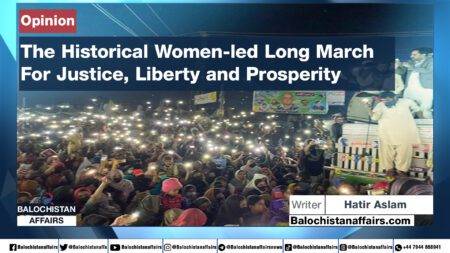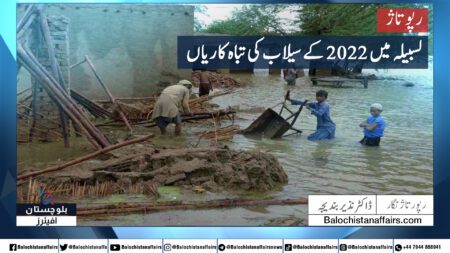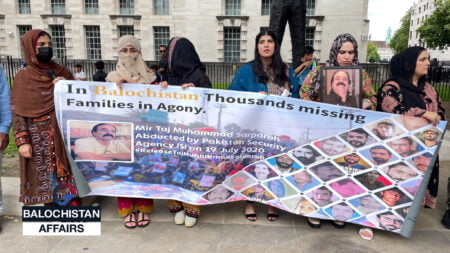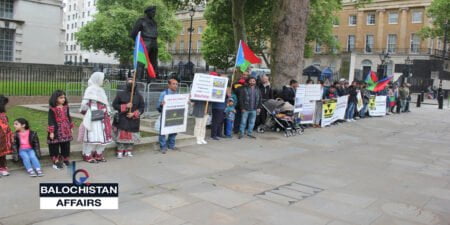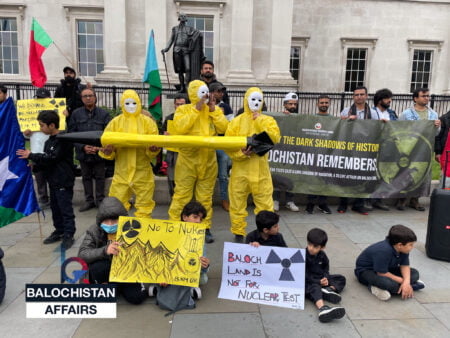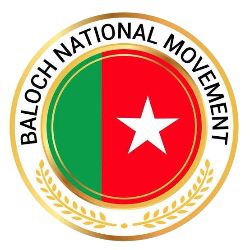On the evening of 25th March 1971, the Pakistani army, its para-military death squads, and local collaborators launched a joint campaign of terror in East Bengal. At the start of the campaign, soldiers attacked Dhaka University, lining up and executing students and professors. Some of the massacres in cities were mainly carried out by notorious death squads namely Al-Badr and Al-Shams organized by the military intelligence. These para-military militias were recruited from local pro-Army Jamaat-e-Islami and non-Bengalis Urdu speaking immigrants from Bihar, UP, and other provinces of India. When on 16th December 1971, the Pakistani army eventually surrendered to Indians, the death toll from the nine months of genocide acts was estimated to have been 3 million people, with hundreds of thousands of women raped, thousands of villages destroyed, and millions of people displaced.
Studying in a school in a remote corner of Balochistan at the time of the genocide, I had little access to or direct evidence about the atrocities in Bengal. Pakistani newspapers being published in Karachi reached our town after three days but from their accounts, everything was fine in East Pakistan and the security forces with the grace of Allah have crushed the rebellion of Indian-sponsored Awami League activists. But through BBC Urdu Service and All India Radio, we became aware that something gruesome is happening there. We were also able to get a clear picture of the situation from some of our Baloch teachers and some of the National Awami Party workers. From them, we became aware that the Pakistani army is committing unbelievable atrocities on Bengalis who are simply asking for political, cultural, and economic rights. They told us that the truth is that the raping and butchering, the tortures –all are happening there. They told us quoting from the few reports emanating from some brave journalistic or diplomatic sources that atrocities on Bengalis are assuming unprecedented proportions and mass murders of Bengalis are happening. They told us that Pakistani military officers are boosting to teaching a lesson to Bengalis which they would remember for generations to come. They told us that systematic attempts are being made to uproot the population of villages thought to be favouring Mukti Bahini-the Armed resistance group formed to fight against the Pakistani army. We became aware that the army and its death squads are bringing destruction to people through arbitrary arrests, terrible tortures, rape, pillage, and murder, turning into a massacre. We became aware that these actions are forcing millions of Bengalis to flee and take refuge in India. We became also aware that in their atrocities, the Pakistani army was making no differentiation between old and young, men and women.
We were disgusted and angry at what was happening in Bengal but could not do anything. The only thing we could do was to show our solidarity with the Bengali people. Every day after school hours, before going to our places, we used to march through the town centre raising slogans in support of Bengalis and against the Pakistani atrocities.
Genocide is a hugely systematic effort and only those who have the means to organize can do it. It cannot happen out of blue. It needs groundwork, indoctrination, and material preparations. The ideological, economic, military, and political powers are enabling factors in the mobilization of a genocide. There would be no genocide without an infrastructure of murder, i.e., the police and the army, the paramilitaries, and above all the motivating factors.
In the process to motivate people to perform the act of genocide, firstly, it is to dehumanize the target population by orchestrating a campaign of insulting their culture and way of life. Secondly, to organize auxiliary militias. Thirdly to induct their indoctrinated persons in various state institutions to get their help as facilitators in the planned genocide. The last is to desensitize the army, militias, and others involved in the genocide on the value of human life by extensive indoctrination.
Now, in retrospect, it became obvious that long before 1971, there was the gathering of forces of rage against Bengalis by the Punjabi ruling elite. During the 1960s, Bengali national sentiments were at their peak. People were demanding national rights. Giving national rights to the constituent national entities of Pakistan meant sharing of power which the ruling clique was not even prepared to think. The fact is that long before the actual genocide, the Pakistani army was busy preparing for it. There were programs and projects of establishing, indoctrinating, and mobilizing death squads of various categories. The officers and subalterns in the army were indoctrinated on the lines that it would be very easy to overcome the resistance from Bengalis as being a non-martial race, they would never react strongly. Pakistani authorities from the very beginning of the creation of the country not only imposed an alien language as the national language but they belittled Bengalis as lazy, not perfect Muslims, and uncultured. The Pakistani army used the religion of Islam and the notion of good Muslims and bad Muslims to mentally prepare the perpetrators to eliminate Bengalis as they were bad Muslims and collaborators with infidel Indians. In Bengal, the auxiliary militias recruited from Jamaat e Islami workers and army’s inducted persons in various government institutions and departments played important role in identifying supposedly treacherous, anti-Islamic, or secular elements among the masses.
In a case of genocide, what is needed is to simply implement in letter and spirit without any bias or prejudice the Convention on the Prevention and Punishment of the Crime of Genocide approved by General Assembly resolution 260 A (III) of 9 December 1948. After 50 years, the genocide in Bengal still raises the pertinent question of why the international community kept silent on the massacre? Some people may justify the silence by blaming it on the polarized world of a cold war era but the refusal to recognize the massacre in Bengal as genocide in today’s world is incomprehensible. It also raises the question of whether the international community has developed the will to act unbiased against the perpetrators of genocide in many parts of the world.
Those carrying the pain of loss are not necessarily close to the places of loss. We were far away from Bengal where the genocide was occurring, but we felt the pain of it. Although we did not physically witness the death and destruction and sufferings faced by Bengalis in 1971 but can still feel the smell of dead bodies; we can feel the unbearable grief of mothers and fathers losing their children; we can imagine the traces of blood; the hush of bullets before piercing the body of a Bengali student. We can visualize the images of mass graves in Bengal just like we are witnessing them in Balochistan in recent years. The perpetrators are the same, the modus operandi is the same, and the motive is the same.
The perpetrators not only flatly refused to see any evil in what they did to Bengalis in 1971 but the disgusting fact is that the civilized world kept a blind eye on the genocide acts of the Pakistani army for political and strategic reasons. 50 years have gone by since the genocide in Bengal, but the perpetrators and their collaborators are not only roaming freely but still committing mass atrocities in Balochistan and Sindh with killings, torture, and displacement of people. Jamaat e Islami which was responsible for thousands of deaths and rapes in Bengal is still being patronized by the army in present-day Pakistan as the first line of defense for the Islamic state. It is still among the main organizations providing jihadi elements for the army’s various terrorist outfits.
Refusing to recognize Pakistani acts in Bengal as genocide by the international community and keeping a blind eye to Pakistani atrocities in Balochistan and Sindh is frightening because it often gives the feeling that the very concept of humanitarian intervention has been diluted by political and economic considerations. This feeling is being converted into a state of hopelessness. Increasingly, the hope of intervention by the civilized world is fading out from the hearts of the victims of atrocities in many parts of the world.






